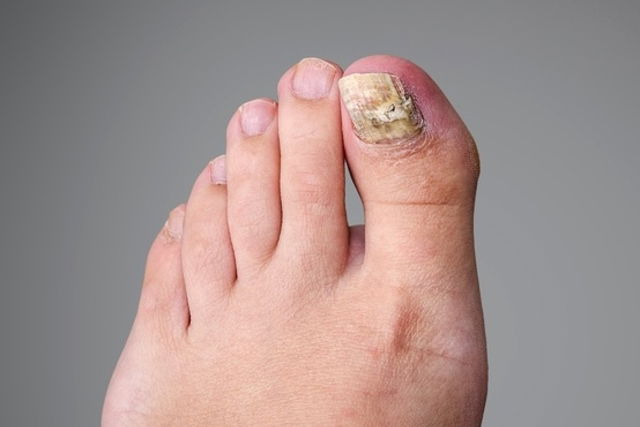Can Wisdom Teeth Cause Cavities
Wisdom teeth, also known as third molars, have been a topic of discussion among dental professionals and patients alike for their potential impact on oral health. One of the concerns surrounding wisdom teeth is their potential to cause cavities. But can wisdom teeth really lead to cavities, and if so, how?
To understand the relationship between wisdom teeth and cavities, it’s essential to consider the anatomy of the mouth and the role of wisdom teeth. Wisdom teeth typically emerge between the ages of 17 and 25, and they are located in the back of the mouth, behind the second molars. In an ideal scenario, wisdom teeth would emerge fully and be properly aligned, allowing for normal chewing and biting functions. However, this is not always the case.
The Problem with Wisdom Teeth
One of the primary issues with wisdom teeth is their tendency to become impacted. Impaction occurs when there is not enough space in the jaw for the wisdom tooth to emerge fully, causing it to grow in at an angle or become trapped beneath the gum tissue. Impacted wisdom teeth can be problematic for several reasons:
- Trapping of Food and Bacteria: Impacted wisdom teeth can create a trap for food and bacteria, which can accumulate and lead to tooth decay.
- Difficulty in Cleaning: The location of wisdom teeth, particularly impacted ones, can make it challenging to clean them properly, leading to the accumulation of plaque and bacteria.
- Pressure on Adjacent Teeth: Impacted wisdom teeth can exert pressure on adjacent teeth, potentially causing damage or misalignment.
These factors can contribute to the development of cavities, not just in the wisdom teeth themselves but also in neighboring teeth.
How Wisdom Teeth Can Contribute to Cavities
The relationship between wisdom teeth and cavities is multifaceted:
- Increased Risk of Tooth Decay: The trapping of food and bacteria around impacted wisdom teeth can lead to an increased risk of tooth decay, as the bacteria feed on the trapped food particles and produce acids that damage tooth enamel.
- Gum Disease: Impacted wisdom teeth can also lead to gum disease, as the accumulation of bacteria and the difficulty in cleaning the area can cause inflammation and infection of the gums. Gum disease can, in turn, increase the risk of cavities.
- Changes in Bite and Alignment: The pressure exerted by impacted wisdom teeth on adjacent teeth can cause changes in the bite and alignment of teeth, potentially leading to areas where food and bacteria can accumulate, increasing the risk of cavities.
Prevention and Treatment
While wisdom teeth can contribute to the development of cavities, there are steps that can be taken to prevent and treat these issues:
- Regular Dental Check-Ups: Regular dental check-ups can help identify potential problems with wisdom teeth early on, allowing for timely intervention.
- Proper Oral Hygiene: Maintaining good oral hygiene, including brushing and flossing, can help prevent the accumulation of plaque and bacteria around wisdom teeth.
- Removal of Impacted Wisdom Teeth: In some cases, the removal of impacted wisdom teeth may be necessary to prevent potential problems, including cavities.
In conclusion, while wisdom teeth themselves do not directly cause cavities, their impaction and the subsequent challenges in cleaning and the potential for food and bacteria accumulation can increase the risk of tooth decay. Regular dental check-ups, proper oral hygiene, and, when necessary, the removal of impacted wisdom teeth can help mitigate these risks and maintain good oral health.
Can wisdom teeth always be prevented from causing cavities?
+While regular dental check-ups and proper oral hygiene can significantly reduce the risk, it’s not always possible to prevent cavities associated with wisdom teeth, especially if they are impacted. In such cases, removal of the impacted tooth may be necessary.
How often should I visit my dentist if I have wisdom teeth?
+It’s recommended to visit your dentist more frequently if you have wisdom teeth, especially if they are impacted. Your dentist can monitor the situation closely and provide advice tailored to your specific needs.
Can cavities caused by wisdom teeth lead to more serious health issues?
+Yes, untreated cavities and gum disease associated with wisdom teeth can lead to more serious health issues, including abscesses, infection spreading to other parts of the body, and potentially, links to systemic diseases like diabetes and heart disease.
